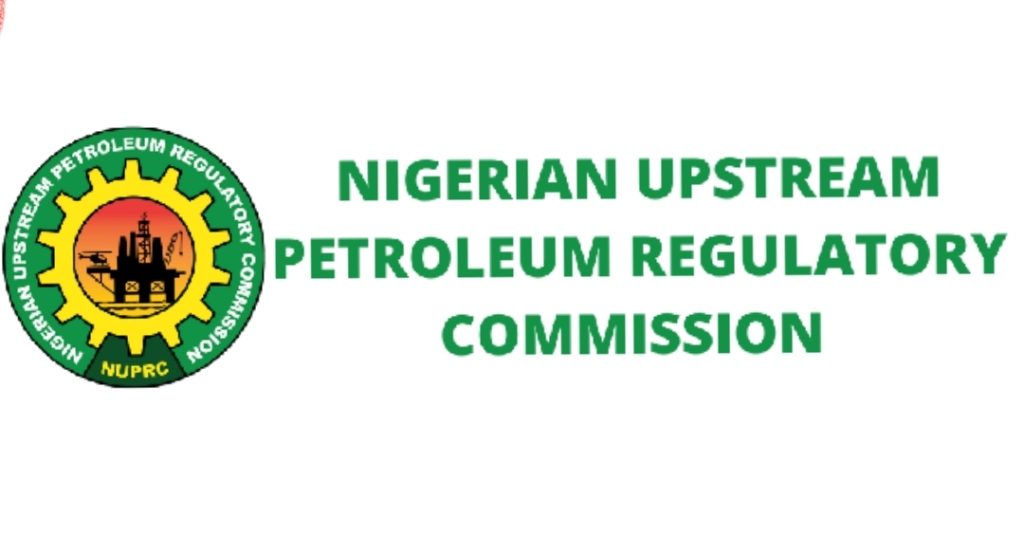Nigeria’s vast untapped oil reserves present a paradox of potential wealth amidst mounting debt and operational inefficiencies. Despite possessing 220 open oil blocks spanning its onshore and offshore basins, the nation grapples with a burgeoning debt burden and struggles to meet its refined petroleum needs, relying heavily on imports even as its local refineries face chronic crude shortages. This untapped potential, particularly in the deep offshore regions, represents a significant lost opportunity for revenue generation and economic growth.
The distribution of these open blocks highlights both the breadth and depth of Nigeria’s untapped resources. The deep offshore terrain, technologically challenging yet rich in hydrocarbon potential, accounts for the largest share of these blocks. Other regions, including the Benue Trough, Chad Basin, Sokoto Basin, and Bida Basin, also hold significant numbers of unassigned blocks, indicating the wide geographical spread of these untapped reserves. Even in established production areas like the offshore and onshore Niger Delta, open blocks remain, suggesting a complex interplay of factors hindering full exploitation.
The Nigerian Upstream Petroleum Regulatory Commission (NUPRC) recognizes the significance of these undeveloped resources. Recent licensing rounds have seen the awarding of some blocks, particularly in the deep offshore, showcasing the area’s attractiveness to international oil companies (IOCs). The NUPRC emphasizes the proven productivity of existing deepwater projects, citing successful operations by major players like NNPC, Chevron, Yinka Folawiyo, TotalEnergies, Shell, and ExxonMobil as evidence of the region’s potential. However, despite this potential and the growing interest from IOCs, the deepwater terrain remains largely underexplored due to the technical and financial complexities involved.
This disparity between potential and realized production is a key factor contributing to Nigeria’s economic challenges. The country’s heavy reliance on oil revenue combined with its inability to fully exploit its reserves has led to a growing dependence on borrowing. Nigeria’s debt stock has ballooned to alarming levels, further exacerbated by the depreciation of the naira. This reliance on debt financing, while necessary to bridge the fiscal gap, hinders long-term economic stability and growth. The situation is further complicated by the country’s ongoing struggles with local refining capacity. Despite possessing refineries, Nigeria remains dependent on imported refined petroleum, leading to a drain on foreign exchange reserves and hindering the development of a robust downstream sector.
The NUPRC’s published map reveals vast stretches of unexplored offshore territory, underscoring the scale of the untapped potential. While existing deepwater projects demonstrate the feasibility and profitability of offshore exploration and production, they remain isolated successes in a landscape dominated by undeveloped acreage. The commission is actively seeking strategies to unlock these resources, proposing cluster or nodal development models to address the challenges posed by smaller accumulations and high development costs. Planned licensing rounds aim to further incentivize exploration and development, although these initiatives have yet to fully materialize.
Beyond the open blocks, a significant number of licensed but undeveloped oil and gas assets further compound the issue. Billions of barrels of oil remain locked in these fields, representing a substantial loss of potential revenue and economic opportunity. The Minister of State for Petroleum Resources has acknowledged this problem, threatening to withdraw licenses from companies failing to develop their allocated assets. This assertive stance aims to spur investment and ensure that these valuable resources contribute to Nigeria’s economic growth. Furthermore, the minister has called on IOCs to increase investment in the sector and support local refining efforts. This call for increased investment aligns with the government’s broader strategy to boost domestic production, reduce reliance on imports, and strengthen the overall energy sector. However, the reliance of even major new refining capacity, like the Dangote refinery, on imported feedstock highlights the continuing challenges in linking upstream potential with downstream needs.


